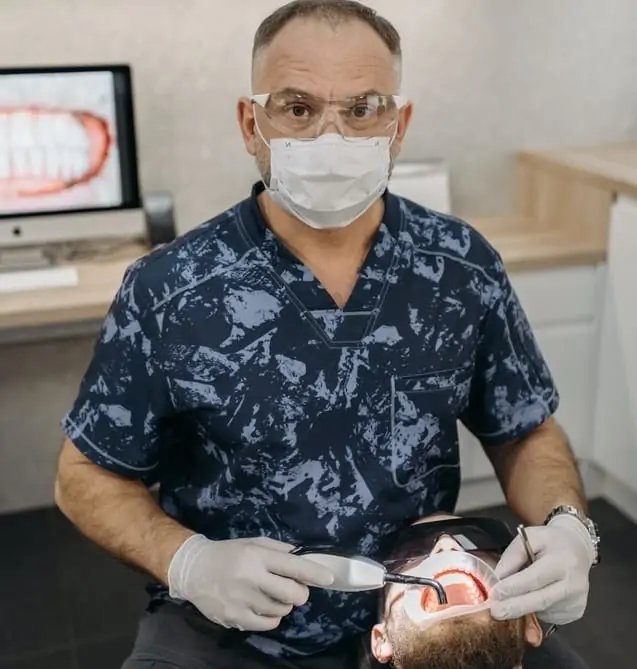
Wisdom teeth are the last teeth to erupt in your mouth. But unfortunately, many times these teeth need to be removed. Your dentist in Clyde may recommend wisdom teeth extractions if there’s not enough room in your mouth for them to erupt without damaging other teeth or if they’re coming in crooked or sideways. While it’s natural to feel a bit uneasy about any surgery, wisdom teeth removal is usually a fairly straightforward procedure. However, there are some restrictions to what you can do post-surgery so that you can heal quickly and properly. Follow these five tips to help you fully recover, without causing further damage or pain.
1. Take It Easy
Depending on the type of anesthesia used, you may feel a bit groggy after your procedure, so it’s crucial that you take it easy for a few days. During this time, avoid activities like bending over, lifting heavy objects, or doing strenuous activities. These can increase blood flow and cause the surgical site to bleed more and swell up. Avoid exercise for about 3-4 days or until your Clyde dentist gives you permission.
2. Keep Ice On The Area
Swelling after having your wisdom teeth removed is normal, but we encourage you to do your best to keep it under control by using ice packs. Gently apply ice packs to the sides of your cheeks as much as possible during the first three days. A good rule of thumbs is to keep the ice on for 20 minutes, keep it off for 20 minutes, then repeat. Don’t apply ice directly to your skin, always make sure there’s some sort of barrier in place. An important note: swelling may increase a few days after surgery then subside.
3. Control Bleeding
Bleeding after having a tooth extracted is normal, but there are things you can do to help reduce it. To control bleeding at home, your dentist in Clyde will recommend that you gently bite down on gauze in the areas of extraction. This pressure can help stop the bleeding. Make sure to wash your hands before handling putting the gauze in and taking it out so that bacteria isn’t introduced into your mouth.
4. Eat Soft Foods
Following wisdom teeth surgery, you may be tempted to go back to eating normally. However, you should eat a soft food diet for a few days. This means forgoing crunchy veggies, crackers, nuts, and anything else that might put pressure on your gums or cheek muscles. Instead, snack on things like:
Also, avoid eating or drinking anything that’s really hot, super spicy, or acidic.
5. Drink Plenty of Water
One of the most important things to remember during recovery is to stay hydrated. This means increasing your daily intake of water. Water will help flush out your mouth and keep your throat moisturized after surgery. To help reduce swelling, you can also gargle gently with warm saltwater. However, remember to avoid using straws. The sucking action can loosen blood clots that are an essential part of healing.
Remember, your dentist will only recommend wisdom teeth surgery if it’s necessary to keep your mouth healthy. While you may have some minor pain and discomfort after the procedure, it should be temporary, and you should be healed in no time. However, if the pain doesn’t go away or the bleeding doesn’t stop, call your dentist in Clyde for more information.